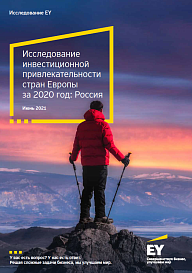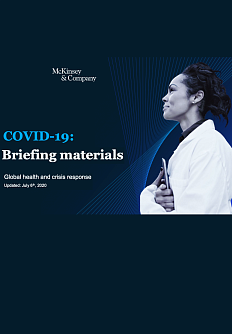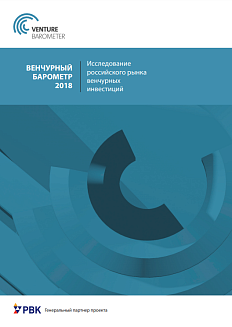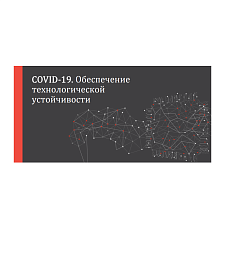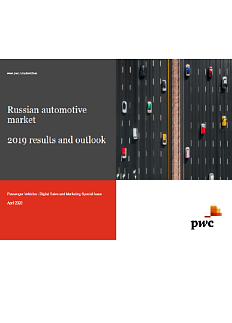The study, prepared by experts of the consulting company Ernst & Young, analyzed the investment attractiveness of European countries, in particular Russia. The authors of the survey studied the general investment climate in the country, key sectors and regions for investment, and analyzed the impact of the pandemic on investment processes in the country.
The Roscongress Foundation presents the salient points of the publication accompanied by fragments of broadcasts of relevant panel discussions from the business programme of international events held by the Roscongress Foundation.
Due to the coronavirus pandemic, the number of foreign direct investment in Europe, in particular in Russia, has decreased.
The spread of coronavirus infection and restrictive measures related to the pandemic have led to a 13% decrease in foreign direct investment in Europe compared to 2019. On average, FDI inflows decreased by 21% for European countries with negative COVID-19 dynamics. The study notes that for some countries investment fell not so much, allowing them to remain the most attractive for investment among these countries are Germany, France and the United Kingdom.
Russia ranked 11th on the list of countries in terms of FDI in 2020 compared to 2019, the number of investments decreased by 26%. The authors of the study attribute this decline in Russia not only to the impact of the pandemic and uncertainty due to the spread of the coronavirus, but also to sanctions and geopolitical risks.
Among the countries that have invested the most in Russia, the first place was taken by Germany, and the second place was shared by China and the United States. Despite the fact that countries continued to invest in the country during the pandemic (these countries, in particular Germany, were among the leaders in investing in the Russian economy in previous years), the number of their investments in 2020 compared to 2019 decreased by 28% for Germany, and by 32% and 25% for China and the United States, respectively.
Manufacturing, in particular the agri-food sector, was the leading source of FDI in Russia.
The authors of the study note that manufacturing remains the most attractive activity for FDI in Russia as in the previous year the number of investments has not changed. In turn, the number of investments in marketing and sales in 2020 decreased significantly by 77% compared to 2019. It is worth noting that for the first time the list of leading activitues includes business services with eight invested projects.

Meanwhile, the agri-food sector was the leader in the manufacturing activity. The study notes that import substitution and the food embargo were the most important drivers of this sector: the restrictions caused an increase in prices on the domestic market, and then investment in the sector, while foreign companies began to localize manufacturing. The leaders in investment in this sector were Germany, half of its total investments were directed to this sector, as well as the United States, which also invested half of all its investment funds in this particular area. These facts indicate the active development of the activity. Indeed, in 2020, according to the study, despite the reduction of all Russian exports by 20%, the export of agricultural products increased by the same amount.
It is worth noting that among the largest sectors across Europe, the only sector with positive investment dynamics was the life sciences sector due to the production of goods necessary to fight the coronavirus pandemic: vaccines, protective equipment and medicines.
Moscow and Moscow region were leaders in foreign direct investment in Russia.
Despite a 32% decrease in FDI compared to 2019, Moscow and Moscow Region again became the leaders in this indicator in Russian. At the same time, as in the previous year, France became the leader in terms of invested funds.
The study notes that Moscow and Moscow Region account for more than a quarter of Russias gross regional product. This area has always attracted business and investment activity because 14% of the countrys population lives here. Among other factors attracting investors, the authors highlight a high position in the national investment rating, a wide market and developed infrastructure.
The second and third places in the rating were taken by St. Petersburg and Leningrad Region, and the Republic of Tatarstan, respectively.
For more information, see the special sections of the Roscongress Foundation Information and Analytical System: StayHomeEconomy, dedicated to possible ways to stabilize the economy in a pandemic, as well as Direct Foreign Investment and Investment Projects, dedicated to the development of investment in various activities.


